One of the most complicated parts of PlateUp is all the different items you use throughout the game. From hobs to sinks to specialty pizza ovens, there are a lot of appliances to choose from.
PlateUp features over 75 different appliances that will help you create the best-run restaurants on the interwebs. These items are incredibly helpful, but it’s a lot to learn about on the fly while playing. So, to make the game a little easier, here’s a comprehensive list to help you get familiar with all the appliances in PlateUp.
Related: The Best Restaurant Themes and Upgrades in PlateUp
All Cooking Appliances in PlateUp
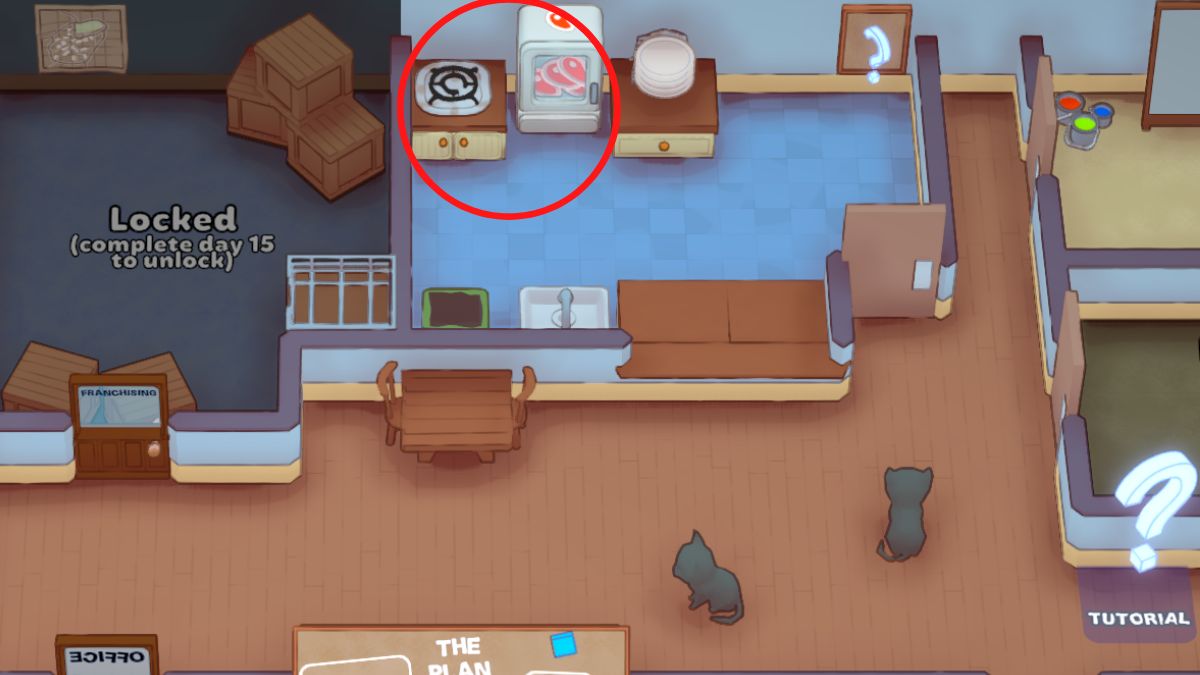
Players use cooking appliances in their kitchens to satisfy hungry in-game customers. These will be your bread and butter while acting as a PlateUp chef. You typically start with the cooking appliance used for your main dish when you begin the game, but there are benefits to adding other ones as you progress.
Here are the cooking appliances you can get and upgrade in PlateUp.
Hob
Also known as a stovetop to Americans, the basic hob is one of the start items you begin with. It’s used for burgers, steaks, breakfast, soups, and more. There are four versions: the starter hob, the hob, the safety hob, and the danger hob.
The starter hob is the slowest cooking, and the hob works slightly faster. Meanwhile, the safety hob is slow like the starter hob but will never set fire to your kitchen, while the danger hob is the fastest, but has a higher chance of setting ablaze.
Cost: The starter hob is free, while the hob costs 20 gold to build. Upgrading the starter hob to either a danger hob or safety hob will cost 60 gold and requires a research desk.
Oven
Used to make pizza, pie, and other baked delicacies, the oven is a standard part of the PlateUp kitchen when you start the game with one of these recipes on dock. It cooks things relatively quickly, which also means there’s a good chance they can burn if you don’t keep an eye out.
The oven blueprint can be upgraded into a microwave.
Cost: 60 gold to build from a blueprint.
Microwave
Players can upgrade an oven into a microwave, and you’ll also sometimes receive this as one of the bonus items you can load up to bring with you when starting a new restaurant.
The best part of the microwave is that it cooks any meal in a few seconds. However, it also has a higher chance of starting a fire.
Cost: 120 gold to upgrade from an oven.
Gas Limiter
The gas limiter is anti-burn and fire. So, all meals are much slower to go from done to burnt on your burners or in your oven (75% slower, to be precise). On the flip side, food cooks 25% slower, too.
Cost: 60 gold to build from a blueprint.
Gas Override
Only for the chefs with the quickest reflexes, the gas override cooks food 100% faster, but also burns things 400% faster. You’ll have to interact with the item to make it go, which means you’ve got to be quick to switch from override to grabbing food from the fire.
Cost: 60 gold to build from a blueprint.
Counter
Every kitchen starts with a handful of counters, and they are vital for cutting, kneading, and passing ready-to-serve plates. You can upgrade the counter into the freezer or the workstation.
Cost: 20 gold to build from a blueprint
Freezer
If you like being ahead of the game, the freezer is for you. Here, you can place a finished meal so it’s ready for the next day.
Cost: 20 gold to upgrade from a counter.
Prep Station
To avoid cramping up your counters, a prep station can be the perfect place to put a bunch of ready-to-go chopped lettuce or pie dough. If you upgrade it to a frozen prep station, you can even save those supplies to use for the next day.
Cost: 20 gold to build from a blueprint.
Rolling Pin
For pie and pizza lovers, the rolling pin is a must. It speeds up dough prep threefold, so it takes mere seconds.
Cost: 20 gold to build from a blueprint.
Sharp Knife
Much like the rolling pin, equipping the sharp knife makes you chop 3 times faster. Essential for getting those salads prepped and ready to serve up to your impatient PlateUp customers.
Cost: 20 gold to build from a blueprint.
All Serving Appliances in PlateUp
Caring for cranky customers in PlateUp is a chore, so knowing your dining tools is the only way to make that job easier.
Plates
Plates are a vital part of the game as they help you serve all your delicious creations to your customers. You begin with a stack of four starter plates. As you progress, the game can drop blueprints for improved items like the 8-stack of plates or serving boards.
Cost: 20 gold for stack of 8 plates or serving boards (recipe-specific)
Dining Table
While serving guests, tables become your bread and butter. You normally start with two, but adding more is often a good idea.
Some table variants include the bar table (removes thinking period), metal table (sides are optional but guests are less patient), simple cloth table (guests share a meal), and fancy cloth table (customers pay 50% more).
Cost: 20 gold to build a dining table from a blueprint. 5 gold to upgrade to a bar table. 60 gold to upgrade to a metal table, simple cloth table, or fancy cloth table.
Coffee Table
For the busy player, a coffee table is irreplaceable if you’ve got the space. These tables will be a place for diners to sit until a dining table is ready for them. It makes them much more patient while waiting.
Cost: 40 gold to build from a blueprint.
Tray Stand
Carrying only one plate anywhere at a time can become a hassle. If you’d like to carry more, get a tray stand. Not only do they let you carry two dishes at a time, but their stand also doubles as a bonus counter when you remove the tray.
Cost: 60 gold to build from a blueprint.
All Cleaning Appliances in PlateUp
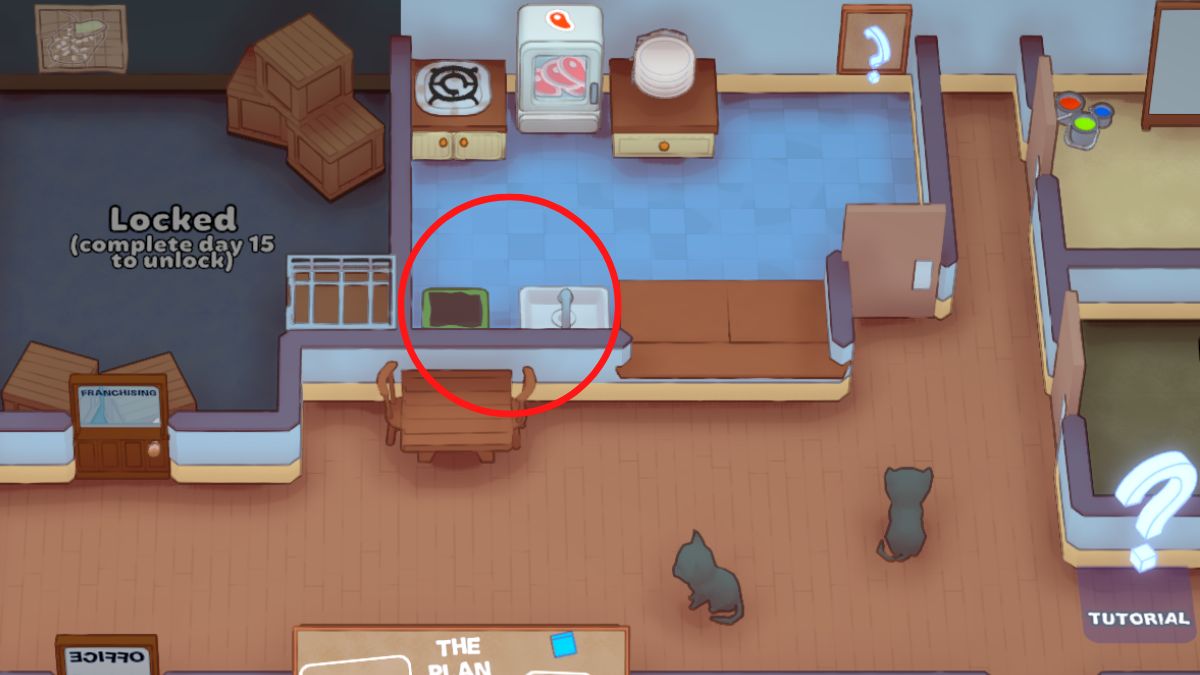
The later you get into a game of PlateUp, the more trouble cleaning and customer filth will cause you. So, instead of trudging through floor grime, try out these appliances to help keep things clean.
Sink
While many PlateUp cleaning tools are useful, sinks are vital. You can’t serve food without clean plates. You get a basic starter sink when you start the game, but there are six sub-classes of sinks.
These include a starter sink (cleans slowly), sink (cleans regularly), soaking sink (leave plates here, and they slowly clean without player interaction), power sink (cleans plates twice as fast), wash basin (washes up to four plates at once), and dishwasher (cleans up to four plates at once without player interaction).
Cost: 20 gold for a sink or soaking sink from blueprints. Upgrade to a power sink, wash basin, or dishwasher for 60 gold.
Mops
Floors can get quite messy in PlateUp, especially if you have messy diners. Mops are helpful tools for cleaning the floor faster. The three upgraded versions of the mop include the lasting mop (cleanliness last longer), the fast mop (cleans quicker), and the robot mop (cleans automatically).
Cost: 20 gold for mop from blueprint. Upgrade to lasting mop or fast mop for 60 gold.
Floor Buffer
This is a fast-moving cleaner that cleans the floors with the player’s direction. You can upgrade it to a robot buffer that will automatically clean on its own.
Cost: A whopping 120 gold to build from a blueprint, making it one of the pricier base appliances.
Dish Rack
If you’re struggling with too many dishes and not enough space in your sink, the dish rank is your savior. It has space to hold up to four dishes in one spot for later cleaning.
Cost: 20 gold to build from blueprint.
Scrubbing Brush
The scrubbing brush helps you clean dishes and floors two to three times faster. You can hold it while doing other tasks, making it pretty versatile.
Cost: 20 gold to build from blueprint.
Bin
Sometimes you make a pie wrong or chop a tomato past chunks straight into sauce. Those items need to be thrown out, so that’s where the bin comes in.
The starter bin can hold up to two items before needing to be emptied. You can upgrade it into the bin (up to five items), compactor bin (holds 1 item before slowly emptying itself), composter bin (up to five items and can be burned for disposal), or the expanded bin (up to 10 items).
Cost: 20 g for standard bin. Upgrade to compactor, composter, or expanded bin for 20g with the research desk.
Kitchen Floor Protector
The floors in PlateUp can be a dangerous place, so to avoid some of the kitchen filth slowing you down, buy a kitchen protector.
Cost: 20 gold to build from blueprint.
All Automatic Appliances in PlateUp
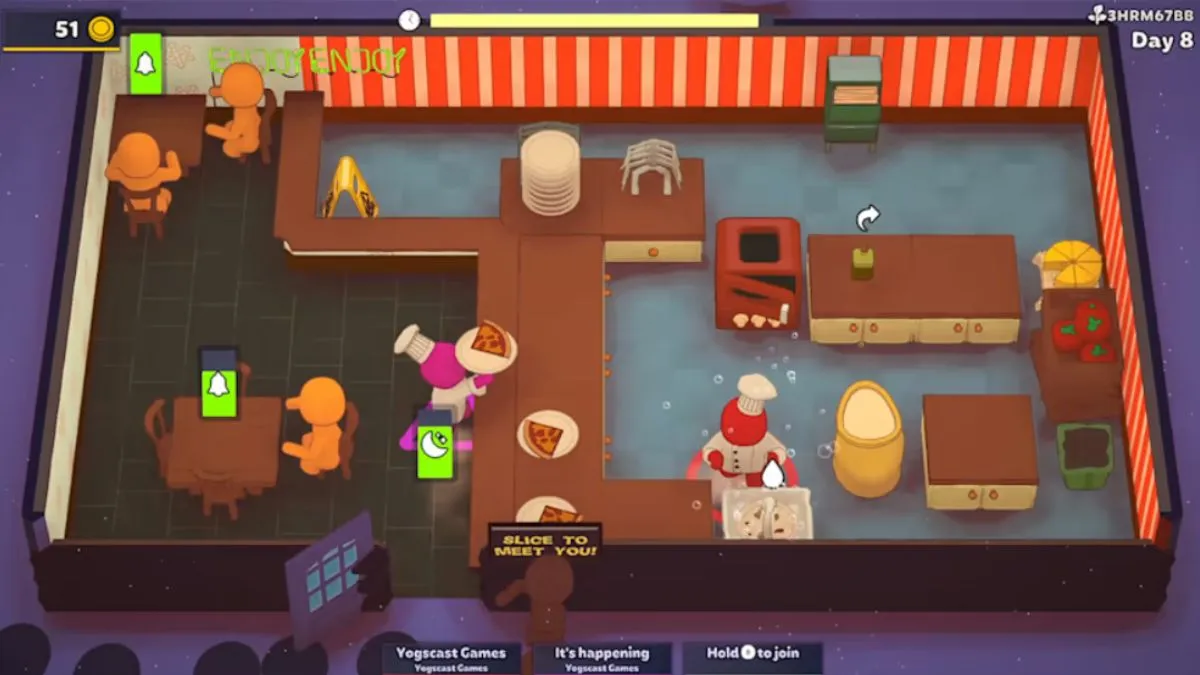
Some people try to play the game of fully automating their kitchen, which can be especially helpful if you’re playing on your own. If that sounds like you, these are some of your necessary tools.
Conveyor
The conveyor automatically moves items from one spot to another.
Cost: 20 gold from blueprint
Grabber
Based on whatever counter or hob that the grabber is pointing away from, it will grab the object and take it to the counter space its arrows are pointing to.
You can upgrade it into the Smart Grabber, which can learn to pick up only items of a certain type. For example, put a burger patty on it and it will only pick up burger patties after that.
Cost: 60 gold to update grabber from conveyor. 60 gold to upgrade again to smart grabber.
Mixer
When preparing dough or chopped food, that task can be a huge time sink. Luckily, mixers can really automate the whole process.
A basic mixer will chop or knead any food without player input. There are some mixer upgrades that can streamline it even more: the conveyor mixer will move the food to the next counter, the heated mixer can cook certain foods, like chopping potatoes and then cooking them into chips, and the rapid mixer chops/kneads things even faster.
Cost: 60 gold for base appliance. Upgrade to heated mixer or rapid mixer for 60 gold. The conveyor mixer upgrade is 120 gold.
Auto Plater
It’s pretty straightforward. When you place food on the counter next to an automatic plater, it will automatically get plated. This doesn’t work for items like pizza that have multiple servings.
Cost: 20 gold to upgrade from plates.
Combiner
If you put a plate next to a combiner, you can put food items here and they will combine for you. Helpful for making salads.
Cost: 60 gold from blueprint.
Portioner
Particularly helpful for foods like pizza or sides like broccoli, the portioner will automatically cut and portion out segments of the food for plating.
Cost: 60 gold from blueprint.
All Customer-Influencing Appliances in PlateUp
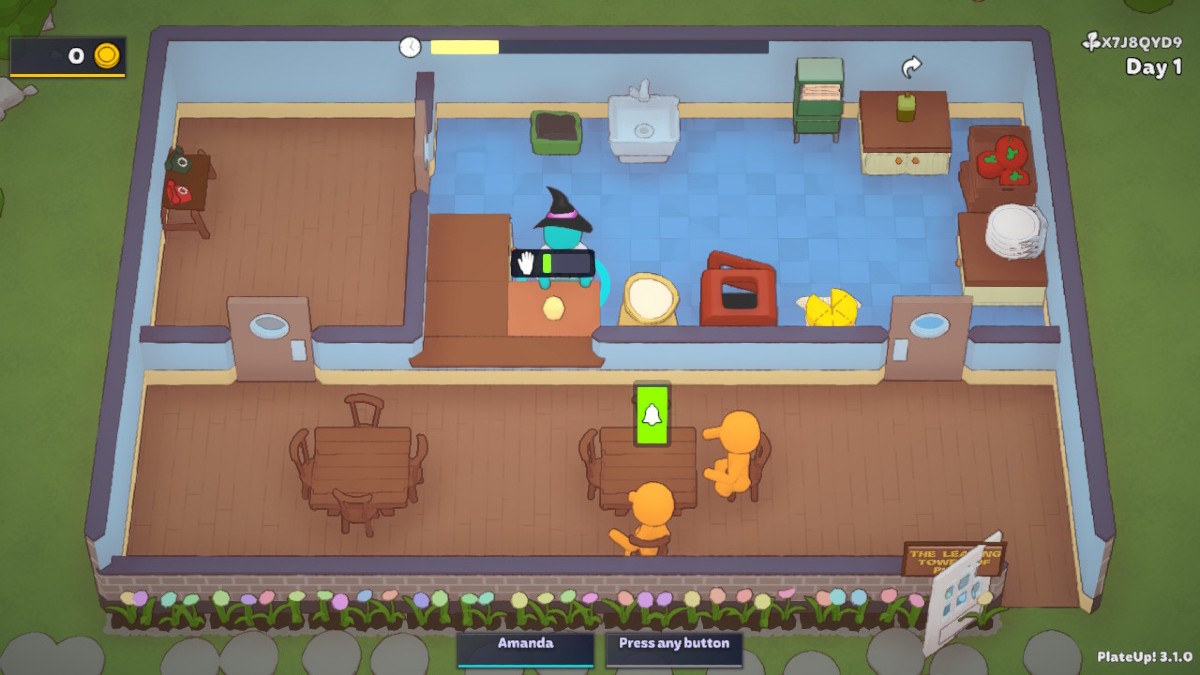
The guests can be the most frustrating part of PlateUp with their demands and bad habits. So, getting some control over their behavior can be a huge help in staying ahead of the chaos. Most of these items are built from random blueprint drops and can’t be upgraded.
Plant
Increase customer patience by 10% in a 2-tile range.
Cost: 60 gold
Calm Painting
When customers are near calm paintings, it increases their patience and order thinking time by 200%.
Cost: 60 gold
Breadsticks
This item gives you a side table with 20 breadsticks. You can use them to slow down customer thinking times and patience for getting food back to them.
Cost: 20 gold
Candle Box
If you place one of your four candles on a table, it will increase guest patience by 20% (but only at night).
Cost: 60 gold
Napkins
Before a guest sits, putting a napkin at their table will prevent most messes they would make on the floor. You get 12 napkins for each unit.
Cost: 60 gold
Flower Pot
Depending on the flower you use, it affects the customer in certain ways.
Yellow flowers increase patience, blue flowers encourage customers to change their orders, and black forces the table to leave without penalty. You can use each flower pot once per day.
Cost: 60 gold
Sharp Cutlery
You get 8 pieces of cutlery to use throughout the day. They help customers eat faster.
Cost: 60 gold
Supplies
If you love to use these customer-focused consumables, the supplies will be your best friend. You can resupply the entire napkins, cutlery, breadsticks, etc. station twice per day.
Cost: 60 gold
Specials Menu
You can use this to encourage customers to change their orders four times per day.
Cost: 60 gold
Ordering Terminal
You can just activate the ordering terminal to get the whole dining room’s orders instead of going to each table individually.
Cost: 60 gold
Specials Terminal
You can change a random table’s order. You can do this once per table.
Gold: 60 gold
Display Stand
If you’d prefer your customers to buy the meat pie instead of the mushroom, you can put a plated meat pie on the display stand. It’ll increase the odds that customers will order the display dish.
Cost: 120 gold
All Blueprint and Research Appliances in PlateUp
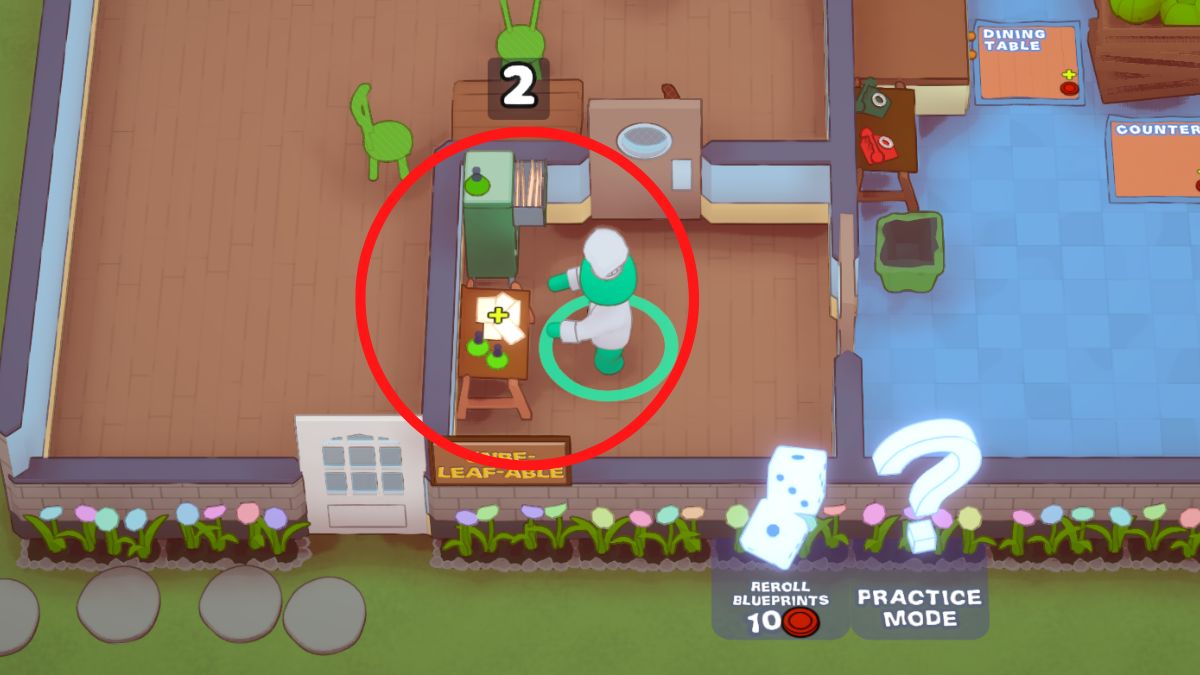
Upgrades are a great way to work with what you’ve randomly been given and make something even better, so know how to use these tools in your kitchen arsenal.
Blueprint Cabinet
You get a blueprint cabinet when you start the game. It will hold one blueprint even after you start the next day, much like a freezer (but for blueprints). Whatever blueprint you have in the cabinet also interacts with any of the research or copying desks.
Cost: Free
Research Desk
You can upgrade blueprints once per day as long as they’re in an adjacent cabinet.
Cost: 40 gold
Blueprint Desk
You can replace one randomly generated blueprint for free per day.
Cost: 60 gold to upgrade from Research Desk
Copying Desk
You can copy a blueprint once per day as long as they’re in an adjacent cabinet.
Cost: 120 gold to upgrade from Research Desk
Discount Desk
You can re-price a blueprint in an adjacent cabinet at a discounted price and buy it at said price once per day.
Cost: 120 gold to upgrade from Research Desk
All Miscellaneous Appliances in PlateUp
There are a few helpful items in PlateUp that don’t quite fit into the other categories. Here are those last few things that might just help you stay afloat in the kitchen.
Trainers
Players move faster, but the effect is negated if you’re running through muck and water.
Cost: 60 gold
Wellies
Players move slightly slower, but they are completely unaffected by messes.
Cost: 60 gold
Work Boots
Players can move through messes easier, but it does spread said messes.
Cost: 60 gold
Fire Extinguisher
If a fire starts, this can help you put it out easily.
Cost: 20 gold
Booking Desk
You get this tool at the start of the game. If you feel ahead of the crowds, you can call to get people to come to your restaurant, which will earn you bonus money.
Cost: Free

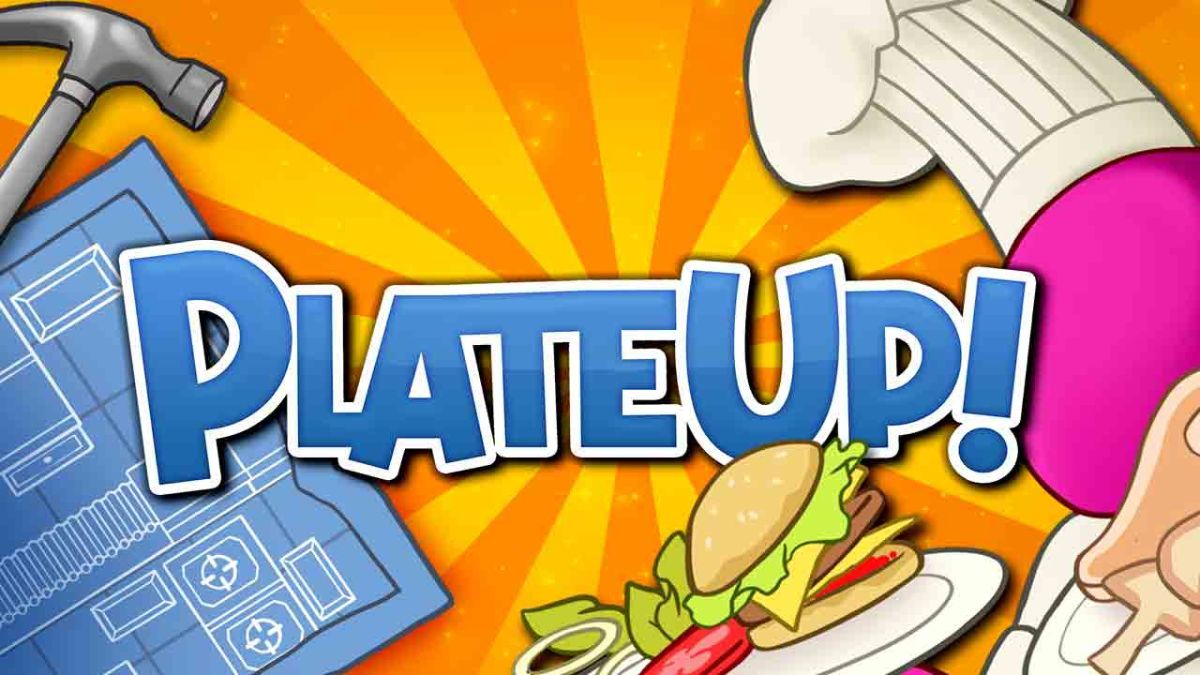
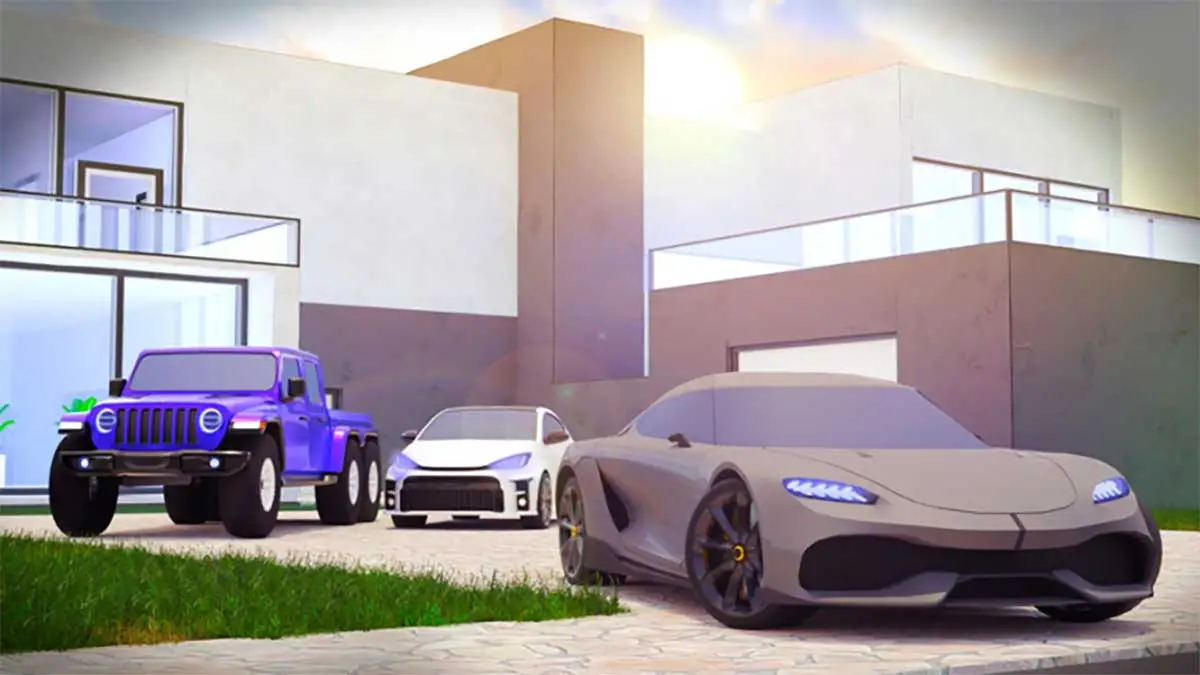

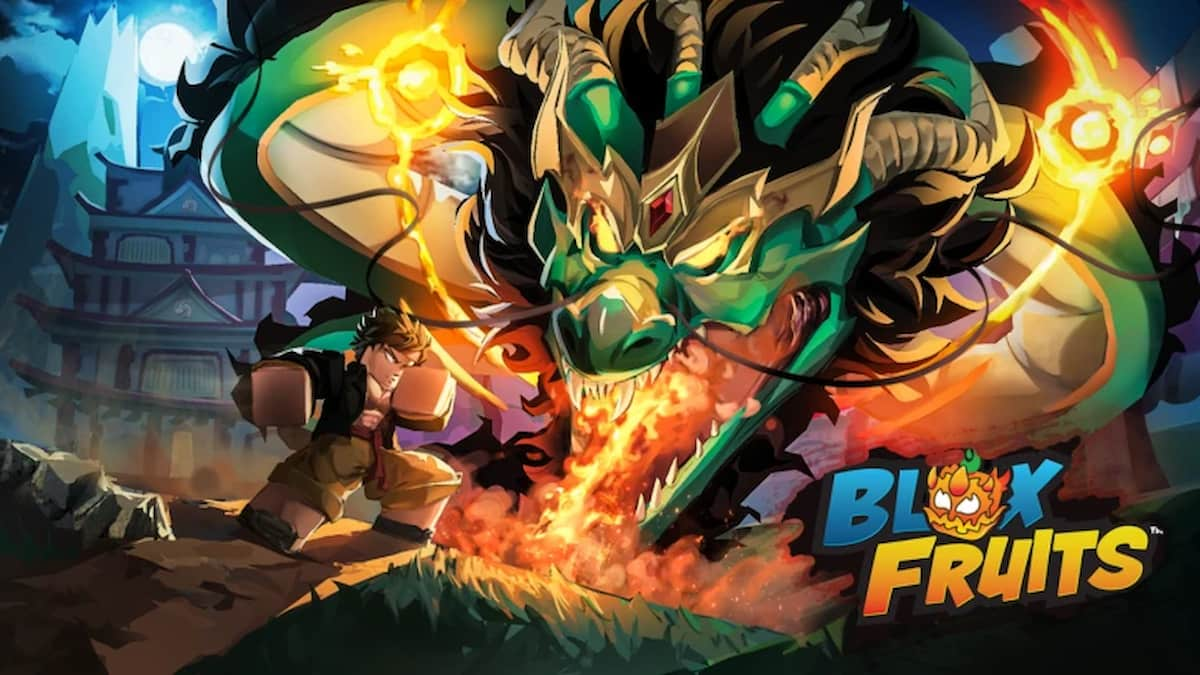


Published: Feb 16, 2024 03:36 pm